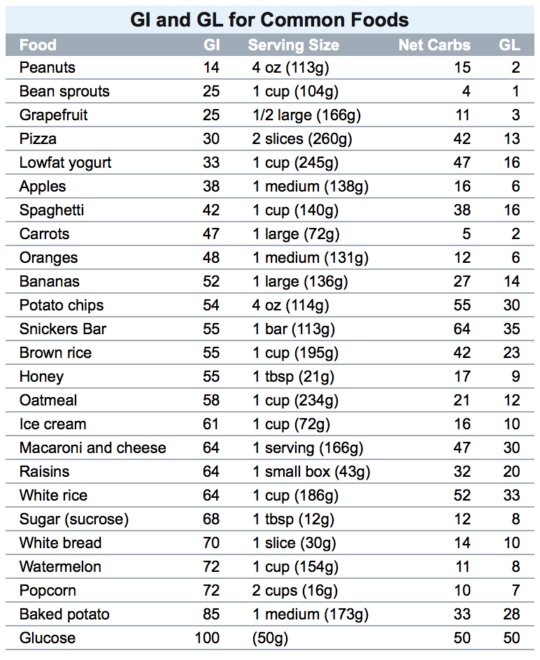Lately, I’ve been falling over some contents claiming that blood sugar is always stable in healthy people and the glycemic index is none-sense unless you are diabetic.
While there are many misconceptions at the moment about what causes chronically dysregulated blood sugar and insulin resistance - i.e. some claiming that carbs are the issue, and we just need to cut carbs out and eat a meat-based (carnivor) or fat-based (keto) diet - it is simply also not true that blood sugar always keeps stable in healthy people. Or actually it is true that for as long as the body is still healthy enough to produce enough insulin to quickly get the glucose out of the blood stream (in contrast to diabetics) the overall blood sugar levels keep stable - but(!!) the more high spikes and following crashes we get from the foods we eat the less healthy we will be in time. So while we at the peak of our health may be able to have overall balanced blood sugar regardless of what we eat on the glycemic index - this doesn’t mean that it down the road is ideal to continue to engage in, if we are to STAY healthy.
“There are lots of folks running around with their glucose levels spiking, and they don’t even know it,” said Michael Snyder, PhD, professor and chair of genetics at Stanford and senior author of the study. The spikes are in fact a health problem because high blood sugar levels, especially when prolonged, can contribute to cardiovascular disease risk and a person’s tendencies to develop insulin resistance, which is a common precursor to diabetes, he said.
“We saw that some folks who think they’re healthy actually are misregulating glucose — sometimes at the same severity of people with diabetes — and they have no idea,” Snyder said.
Furthermore, when we get a blood sugar spike, followed by a crash this is known to affect cortisol which increases hunger - and thus we have the craving cycle.
What is the glycemic index?
The glycemic index is used to measure how much a specific food increases your blood sugar levels. The higher the GI, the greater the effect on blood sugar
The key is to avoid a spike by combining foods high on the GI list with foods low on the GI list - i.e. combine a carb like a banana (high GI) with a handful of protein or fat like nuts (low GI) = moderate impact on blood sugar.
And better than the Glycemic Index (GI) is the Glycemic Load (GL).
The Glycemic Load takes into account how much a typically consumed amount of food impacts us AFTER it has been digested.
The Glycemic Index takes into account calories, but the problem with this is, it doesn’t convert to how it actually impact us in reality, because typically we aren’t eating a set amount of calories across the board, when it comes to certain foods - i.e. if we eat watermelon, a very low-cal but high GI fruit, we need to consume a rather large amount to hit the blood sugar impact noted on the Glycemic Index.
You want to combine foods properly for balanced energy levels throughout the day and to prevent insulin resistance. In below image you can see the different levels of impact separated by color.
RED= HIGH SPIKE
ORANGE = MODERATE SPIKE
GREEN= LOW SPIKE
Orange and red colored indexed foods should be paired with a fat or a protein to provide a slow and steady impact rather than a spike.
As a rule of thumb: seek advice from practitioners actually educated in the field you want advice in. Even though there is a stark contrast between merely having a bachelor’s degree straight out of school vs. ongoing education on top of that, at least the person you are asking has more than a weekend course. Too many dole out nutrition advice without any education or can’t analyse a health test properly even if their life depended on it due to lack of education in that area. A practitioner can be well educated on one area, but have zero education in the area they are advising in - which is essentially malpractice regardless of what other degrees they might have. And this breeds massive misinformation due to lack of respect for educational backgrounds.
Reference: https://pubmed.ncbi.nlm.nih.gov/20234030/


